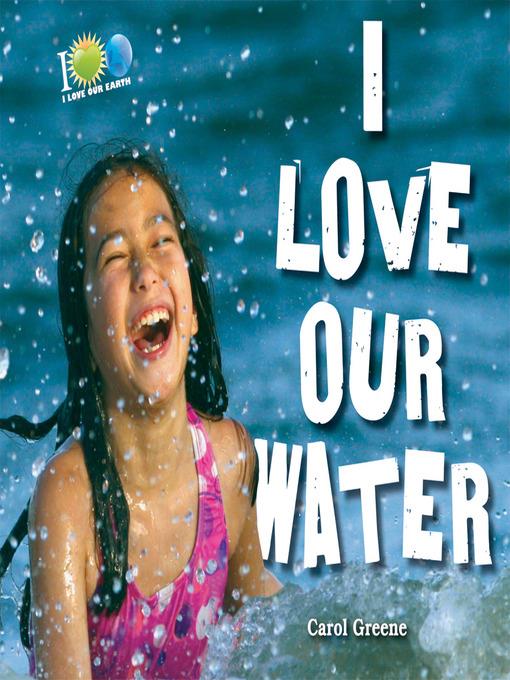
I Love Our Water
فرمت کتاب
ebook
تاریخ انتشار
2013
Lexile Score
520
Reading Level
1-3
نویسنده
Carol Greeneشابک
9781464510458
کتاب های مرتبط
- اطلاعات
- نقد و بررسی
- دیدگاه کاربران
نقد و بررسی

November 1, 2012
Gr 2-4-These revisions of 1991 titles try to cover so much that their content sometimes become too generalized to be meaningful. For example, in Animals, after noting ways some animals provide food or clothing, offer companionship, and perform other tasks, Greene concludes, "most of all, they are important just because they are." Solutions to problems are also broad. A single page about preserving land suggests that farmers use safer pesticides and fertilizers and give cattle more grazing areas while everyone should plant trees instead of cutting so many, stop dumping trash, and recycle. The most useful feature of each book is the page of specific suggestions for how readers can contribute to improving the environment. Format varies little: one page of text opposite a full-page image. The same tree-planting photo appears in Air, People, and Forests.-Kathy Piehl, Minnesota State University, Mankato
Copyright 2012 School Library Journal, LLC Used with permission.

February 15, 2013
Grades K-3 This entry into the I Love Our Earth series gently introduces environmental issues. The text, substantial for this age range and composed of up to five short paragraphs per page, gets down to business right away: People can use only a small part of all the water in the world. But that small part is enoughif we take good care of it. The uses of water that Greene presents extend beyond the basics to include the cooling of steel and the transporting of goods. Those pretty shots of lakes, fields, and swimming pools soon give way to photos of murky water, a pelican slathered in oil, and a beach strewn with garbage. Acid rain, farm fertilizer, oil spills, disease, and more are called out, with words in green defined in the back matter. The all-important What Can You Do? section is limited to a single page. Along the way, captions in smaller text nudge the learning ( Turn off the water while you brush your teeth ). Basic but solid green info for concerned young minds.(Reprinted with permission of Booklist, copyright 2013, American Library Association.)

























دیدگاه کاربران